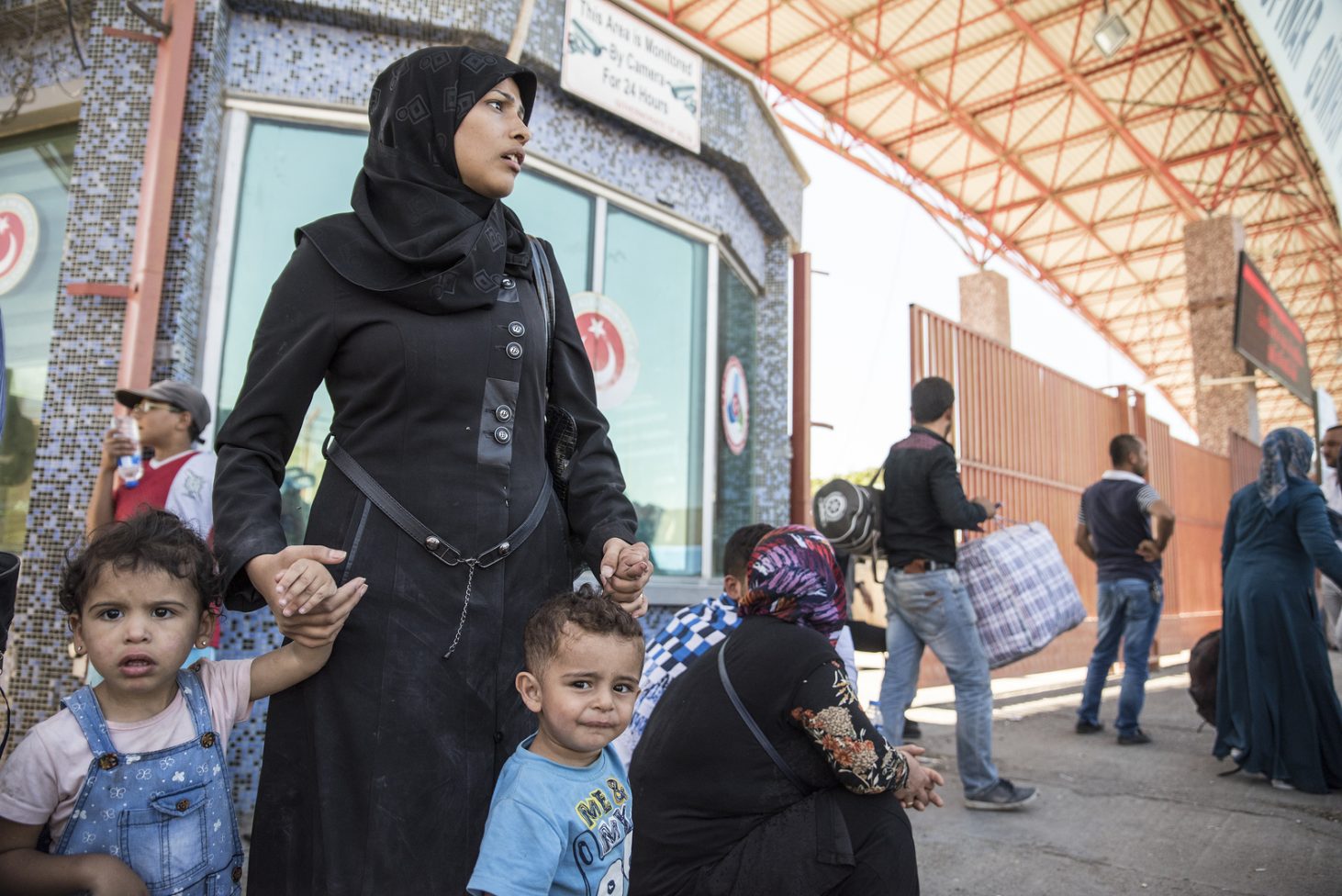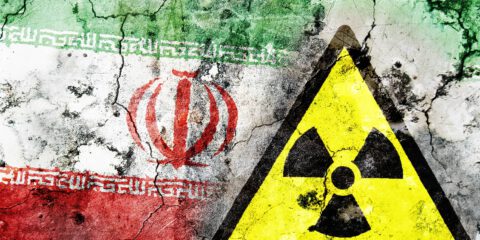Russia is actively promoting international involvement in the reconstruction of Syria as a humanitarian effort aimed at creating the conditions for refugees to return, but in practice this will reinforce the foundations of Assad’s rule and territorial control. The US is in no hurry to respond, but the Russian initiative will not remain unanswered.
Recently Russia has intensified its calls for the international community to contribute to the reconstruction of infrastructures and provide humanitarian assistance to improve living conditions in order to facilitate the return of Syrian refugees to their homes. Accordingly, in a recently leaked memorandum from the Russian Chief of Staff Gerasimov to his American counterpart, Dunford, the former called on the United States to participate in reconstruction efforts aimed at the repatriation of refugees. When the United States did not respond, Russia charged that this effectively placed the responsibility on itself for Syria’s reconstruction. According to the Russians, in areas not under government control the United States actually is willing to cooperate with states such as Saudi Arabia, Turkey, and Jordan in reconstruction efforts. Russia even went so far as to imply that because of pressure from Western states, UN agencies are deliberately refraining from humanitarian reconstruction efforts in areas surrounding Damascus that are under Assad’s control.
Indeed, Western states, and foremost the US, are hardly eager to provide assistance. There is a vast difference between silent acquiescence to Assad’s renewed hold over Syria and the investment of resources and manpower in the reconstruction of infrastructures that will reestablish and solidify the Assad regime after seven years of war and bloodshed.
Estimates of the cost of Syria’s reconstruction vary between $250 and $400 billion, and despite the business opportunities that the country’s development offers, there have emerged dire scenarios predicting that the likelihood of success for international business initiatives in Syria is marginal to nonexistent. Clearly during the initial phase, reconstruction and development efforts would be based on humanitarian and political measures, whose success would provide future leverage for economic investment.
Russia is not capable of bearing the economic burden of even the initial reconstruction of Syria, and certainly not after the last round of US sanctions, which take a very heavy toll on the Russian budget. Iran, although it aspires to enhance its presence in Syria, is dealing with renewed American sanctions. Having invested billions of dollars in Syria during the course of the war, Iran is in fact now facing a popular protest calling for the prioritization of Iran itself over satellite states such as Syria.
Against this background, Russia is operating on a number of fronts to advance Syria’s reconstruction. In a speech last month, Putin conveyed a veiled threat, the essence of which was that certain states, such as European countries, should assist in reconstruction because otherwise refugees will continue to flow into their lands. Following an urgent visit to Israel by Russia’s chief of staff and foreign minister in July, the two met with the Chancellor of Germany, where the refugee issue is a central one in terms of public support for government. Their agenda indeed included the question of assistance in the reconstruction of war-torn areas, with the aim of enabling Syrian refugees to return to their homeland.
While Western states have failed to adopt a definitive stance on the issue, other forces are pouring into the region. President Putin openly called on friendly states, such as neighboring countries from the Commonwealth of Independent States, to participate in these efforts. Following his calls, it was Japan that in fact announced that it would contribute to the reconstruction of infrastructures in Ghouta and Homs and assist in building schools and hospitals. In addition to discussions about economic involvement, last month China’s ambassador to Damascus announced that Chinese armed forces were prepared for engagement in Idlib, where according to the Chinese ambassador there are militants from the Muslim Uyghur minority. Commentaries that followed assessed that China’s participation would ensure Assad’s control over all of Syria.
Western states, and in particular European countries that have strong interest in refugee repatriation, will have to prioritize between the return of refugees to their homeland and their own opposition to Assad, which would entail allowing other forces to enter Syrian territory.
JISS Policy Papers are published through the generosity of the Greg Rosshandler Family.
photo: Bigstock









 - בניית אתרים
- בניית אתרים